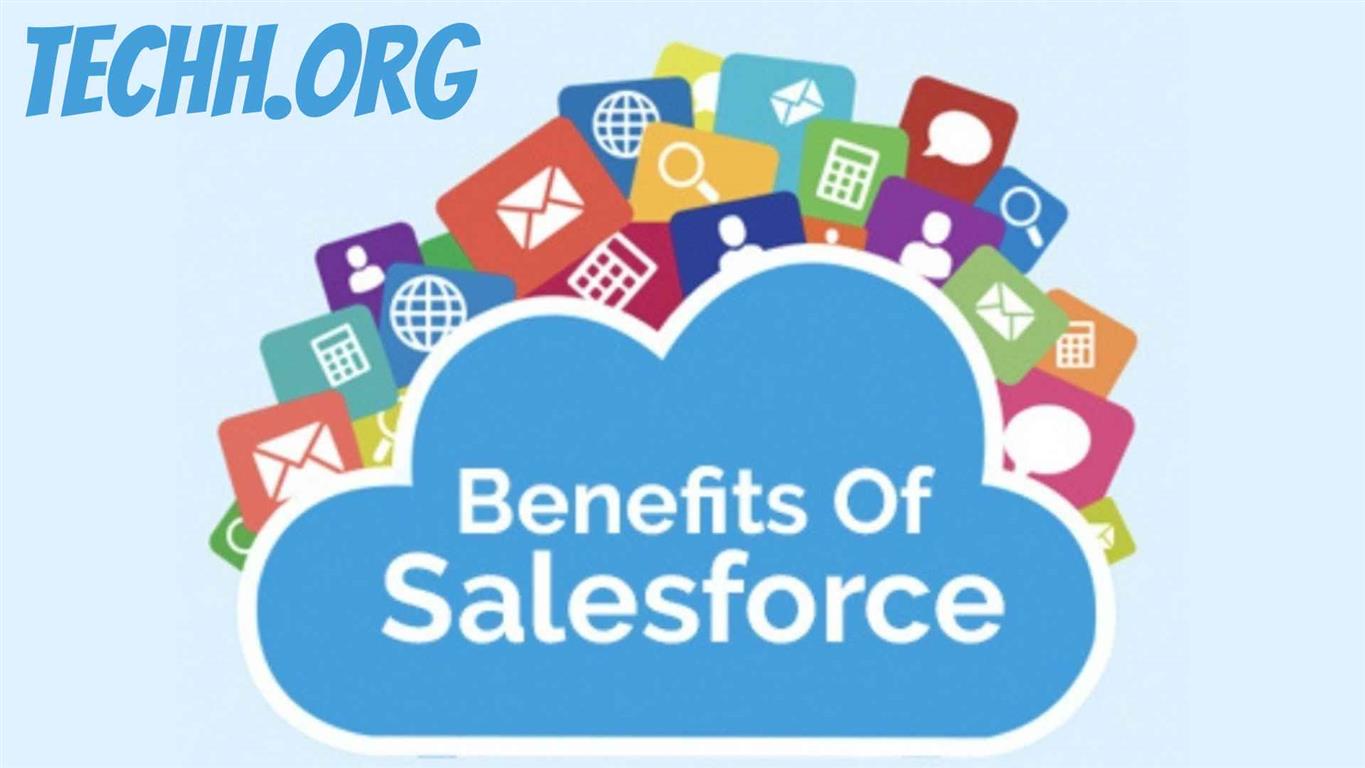Introduction
In the ever-evolving realm of business, maintaining strong relationships with customers is paramount. Salesforce, as a leading Customer Relationship Management (CRM) platform, has transformed how businesses connect with their audience. In this article, we’ll delve deep into the world of Salesforce, its significance, features, and how it’s redefining business strategies.
Founded in 1999 by Marc Benioff and Parker Harris, Salesforce began as a cloud-based CRM tool. Today, it stands as a comprehensive suite offering various software solutions for businesses, fostering customer relationships, and driving growth.
The Power of Cloud-based CRM
Before cloud CRM systems like Salesforce, companies relied on on-premises software, which was costly, required manual updates, and lacked flexibility. this software changed the game, offering:
- Accessibility: Users can access data anytime, anywhere, thanks to cloud computing.
- Cost Efficiency: Eliminating the need for physical hardware reduces costs.
Core Features of Salesforce
- Contact and Lead Management: Centralize customer information and track interactions.
- Sales Forecasting: Predict sales trends using real-time data.
- Workflow Automation: Streamline tasks and reduce manual processes.
- Collaboration Tools: Encourage teamwork with tools like Chatter.
- Reports and Dashboards: Visualize data to make informed decisions.
Salesforce’s Ecosystem
Beyond CRM, Salesforce has a rich ecosystem:
- Sales Cloud: Drive sales processes from lead generation to closing deals.
- Service Cloud: Offer top-notch customer support and service.
- Marketing Cloud: Create personalized customer journeys and marketing campaigns.
- Commerce Cloud: Deliver seamless shopping experiences across channels.
- Community Cloud: Build communities for customers, partners, or employees.
- AppExchange: A marketplace for ready-to-install applications, solutions, and consultants.
Benefits of Using Salesforce
- Customer Centricity: Have a 360-degree view of customers, understanding their needs and preferences.
- Data-Driven Decisions: Utilize analytics and insights to guide business strategies.
- Integration Capabilities: Seamlessly integrate with other tools and platforms.
- Continuous Innovation: Salesforce’s thrice-yearly updates bring new features and improvements.
Tailoring Salesforce to Your Needs
One of this softwrae strengths is its customizability:
- Custom Apps: Using Salesforce Platform, businesses can build bespoke applications.
- Custom Dashboards: Design dashboards that reflect key performance indicators.
- Custom Workflows: Streamline business processes unique to an organization.
Challenges and Considerations
While this software is powerful, it’s not without challenges:
- Learning Curve: Its vastness can be overwhelming for newcomers.
- Cost: Depending on the business size and needs, Salesforce can be costly.
- Integration Complexity: While possible, integrating with legacy systems can be challenging.
Case Studies
Several organizations, from startups to Fortune 500 companies, have reaped benefits from this software:
- Spotify: Leveraged Salesforce to drive advertising sales and foster relationships with advertisers.
- Unilever: Used Salesforce to gain insights into global customers, streamlining marketing strategies.
The Future
With advancements in artificial intelligence and machine learning, this software continues to evolve. Salesforce Einstein, its AI tool, is an example of how the platform is integrating advanced technologies to deliver smarter and more personalized user experiences.
Conclusion
this software has undeniably reshaped the landscape of CRM, providing businesses with the tools they need to be more customer-centric, data-driven, and efficient. As businesses evolve, Salesforce, with its commitment to innovation, promises to be a steadfast ally in driving success.




